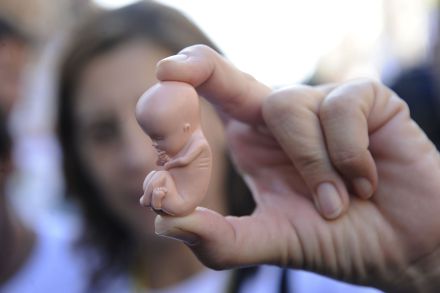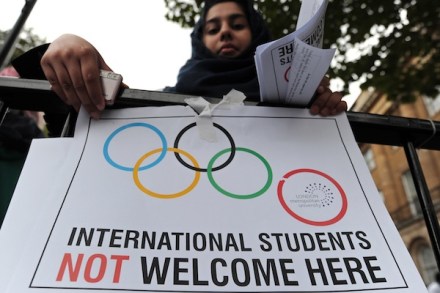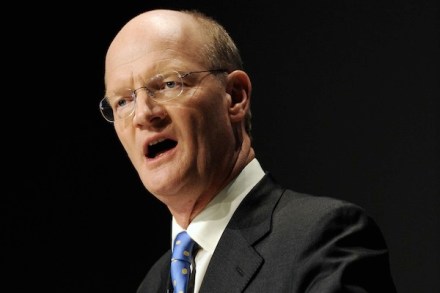Warning: these books could seriously damage your health
Welcome to 2015, the year that speaking and writing freely had to stop. Anything that might cause trauma to anyone of any race except the white one will be expunged, and the perpetrators of politically incorrect speech or written word will be airbrushed for ever. The word trauma derives from the Greek and means wound. The literary canon will be the first to bite the dust as it’s one big trauma, especially for feminists. The Great Gatsby, for example, is bonfire material because of a variety of scenes ‘that reference gory, abusive and misogynistic violence’. And let’s not forget The Adventures of Huckleberry Finn, as racist a book as ever


















